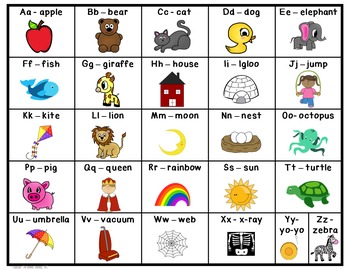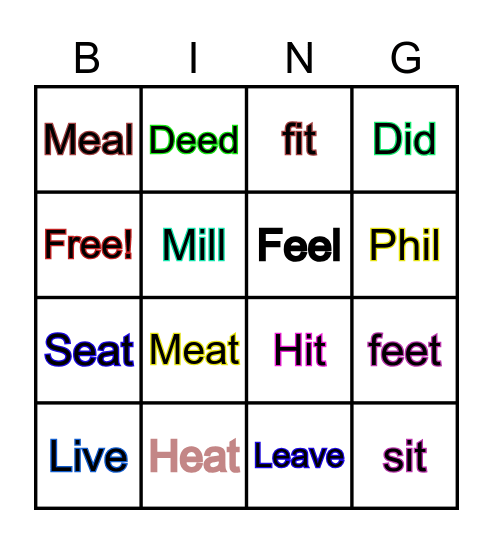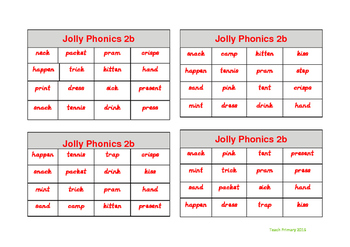

Another common pattern is a blackout, covering all 24 numbers and the free space. There are several other patterns, such as a Roving 'L', which requires players to cover all B's and top or bottom row or all O's and top or bottom row. Another common special game requires players to cover the four corners. For example, in the illustration above, the 2×2 square of marked squares in the upper-right-hand corner would be considered a " postage stamp". In addition to a straight line, other patterns may be considered a valid bingo in special games. (In order for this to happen, only one empty cell can reside in each row and each column, and at least one empty cell must be in each diagonal.) The most chips one can place on a Bingo board without having a Bingo is 19, not counting the free space. In addition, double-action cards have two numbers in each square.Ī player wins by completing a row, column, or diagonal. Players then mark which numbers they wish to play and then daub those numbers according to the numbers drawn. In U-Pick 'Em bingo and other variants of bingo, players are issued three 25 number cards which contain all 75 numbers that may be drawn. The range of printed numbers that can appear on the card is normally restricted by column, with the 'B' column only containing numbers between 1 and 15 inclusive, the 'I' column containing only 16 through 30, 'N' containing 31 through 45, 'G' containing 46 through 60, and 'O' containing 61 through 75. The center space is usually marked "Free" or "Free Space", and is considered automatically filled. The five columns of the card are labeled 'B', 'I', 'N', 'G', and 'O' from left to right. Each space in the grid contains a number, except the middle square, which is designated a "Free" space.Ī typical Bingo game utilizes the numbers 1 through 75. The most common Bingo cards are flat pieces of cardboard or disposable paper which contain 25 squares arranged in five vertical columns and five side to side rows.

( 90-ball bingo), as the tickets and the calling are slightly different. (75-ball bingo) is not to be confused with bingo played in the U.K. There are even games that award prizes to players for matching no numbers or achieving no pattern.īingo played in the U.S. Some games require only one number to be matched, while cover-all games award the jackpot for covering an entire card.

There are also nearly unlimited patterns that may be specified for play. Since its invention in 1929, modern bingo has evolved into multiple variations, with each jurisdiction's gambling laws regulating how the game is played. After a winner is declared, the players clear their number cards of the tiles and the game host begins a new round of play.Īlternative methods of play try to increase participation by creating excitement. Players compete against one another to be the first to have a winning arrangement for the prize or jackpot.
#Bingo caller sounds verification
When a player finds the selected numbers are arranged on their card in a row, they call out "Bingo!" to alert all participants to a winning card, which prompts the game host (or an associate assisting the host) to examine the card for verification of the win. The game host (caller) draws at random, marking the selected numbers with tiles. In the United States, bingo is a game of chance in which each player matches the numbers printed in different arrangements on cards.

This article needs additional citations for verification.


 0 kommentar(er)
0 kommentar(er)
